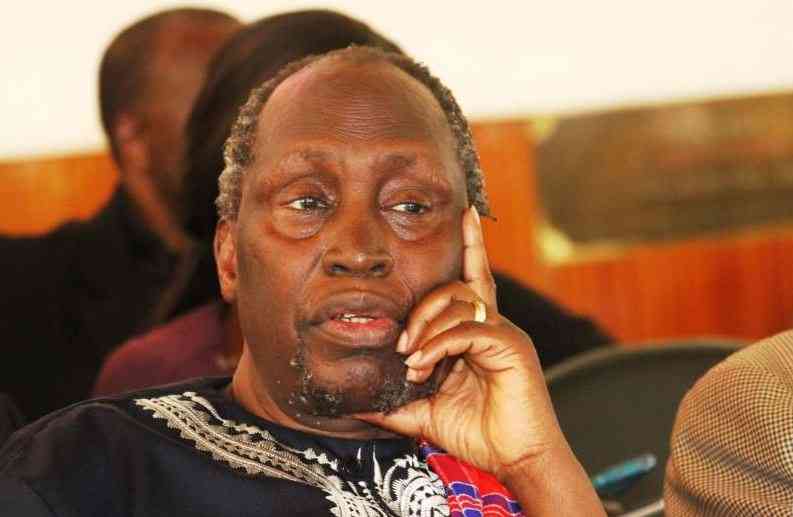
Ngugi wa Thiong'o, Kenya's most famous man of letters, is dead. In the coming days, weeks, months and even years, literary discourse in Kenya and around the world will be dominated by the question of how much he contributed to art and impacted the collective lot of humankind.
That he was a hero of artistic activism is an understatement. He won numerous awards and was at the forefront of our country's artistic representation globally. He co-sponsored the de-Anglicisation of the Literature Department at University of Nairobi, and sought to point us in the direction of identitarian reclamation by incessantly making the case for a return to vernacular languages in our literary expression as an important, potent tool of cultural assertiveness.